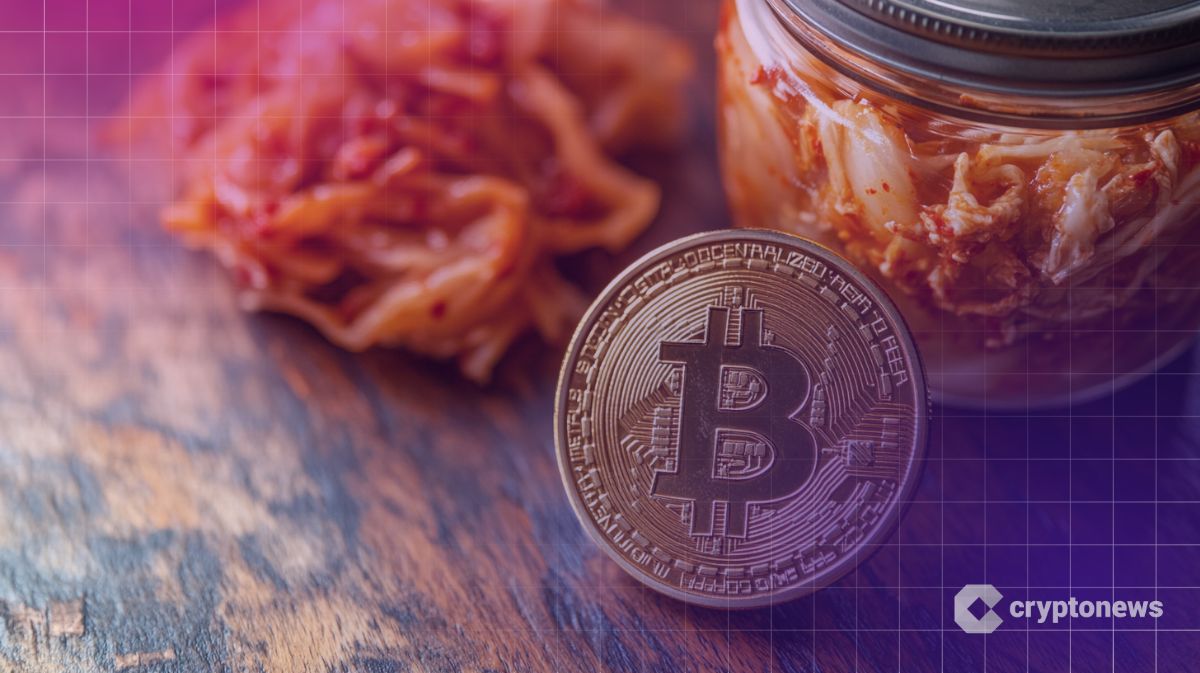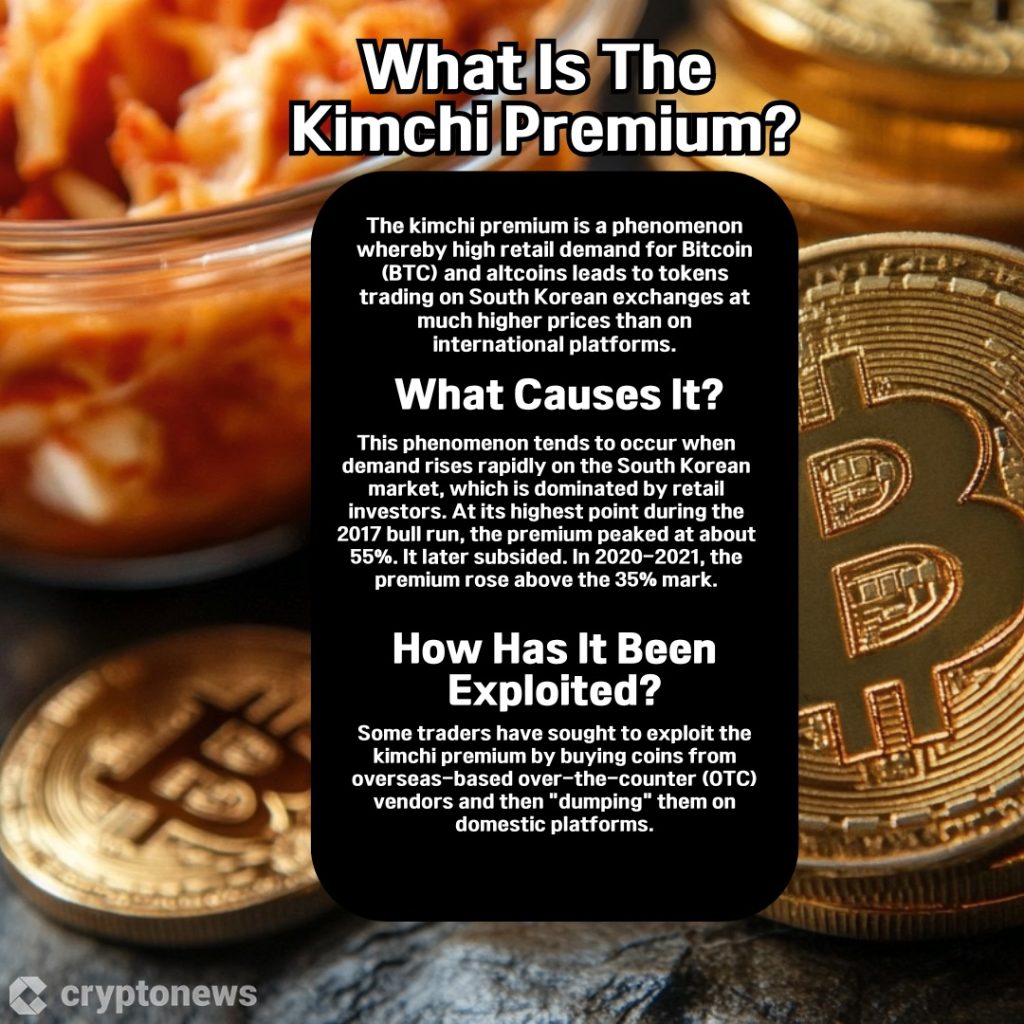
A South Korean appeals court has upheld the jail sentences of a group of crypto traders who exploited the kimchi premium to make thousands of dollars worth of profit.
Nocut News reported that the Daegu District Court Criminal Division upheld all but one of the original verdicts and sentences. A 43-year-old ringleader is facing up to three years in prison.
The judge did, however, overturn another of the traders’ verdicts. In the original trial, this individual (name withheld for legal reasons) was given an 18-month suspended jail term.

However, the Presiding Judge Oh Deok-sik ruled on June 12 that this sentence was “overly lenient,” instead sending this trader to prison for 18 months.
The traders were all found guilty of violations of the Act on Reporting and Use of Specific Financial Transaction Information and the Foreign Exchange Transaction Act.
The court heard evidence that the group illegally smuggled hundreds of billions of won worth of foreign currency into the country by reselling cryptoassets they had purchased in Japan.
Prosecutors explained that the group worked in conjunction with a group of Japanese investors. Together, they concocted a carefully planned bid to exploit the kimchi premium.
At the time, Bitcoin (BTC) prices were significantly higher in South Korea. Demand was growing as trading volumes on domestic crypto exchanges spiked.
Prosecutors said the group illegally smuggled about 400 billion won ($296 million) worth of foreign currency across international borders.
The overseas investors paid the group approximately 27 billion won (almost $20 million) for its services.

Traders Deny Wrongdoing
The defendants denied all the charges. They claimed the transactions could not be classified as “capital transactions,” as they involved crypto, not cash. As such, these deals were not subject to standard declaration laws.
However, the appellate court rejected these claims. The judge ruled that the defendants “took advantage of the price differences between countries for virtual assets to export foreign currency and obtain commission fees.”
The judge added that the original sentence “appears to be appropriate.” Justice Oh added that the court had seen “no other evidence that would require a change in sentence.”
However, in the case of the trader who was jailed instead of receiving a suspended term, the court explained that while this individual only received just over $4,000 in “commission fees,” the nature of this individual’s crime was grave.
The court heard that this trader held an important role in the business community and used shell companies to perpetrate the crime. The judge explained:
“Considering [this person’s] role and position, the court rules that the original sentence was excessively light.”
Credit: Source link









